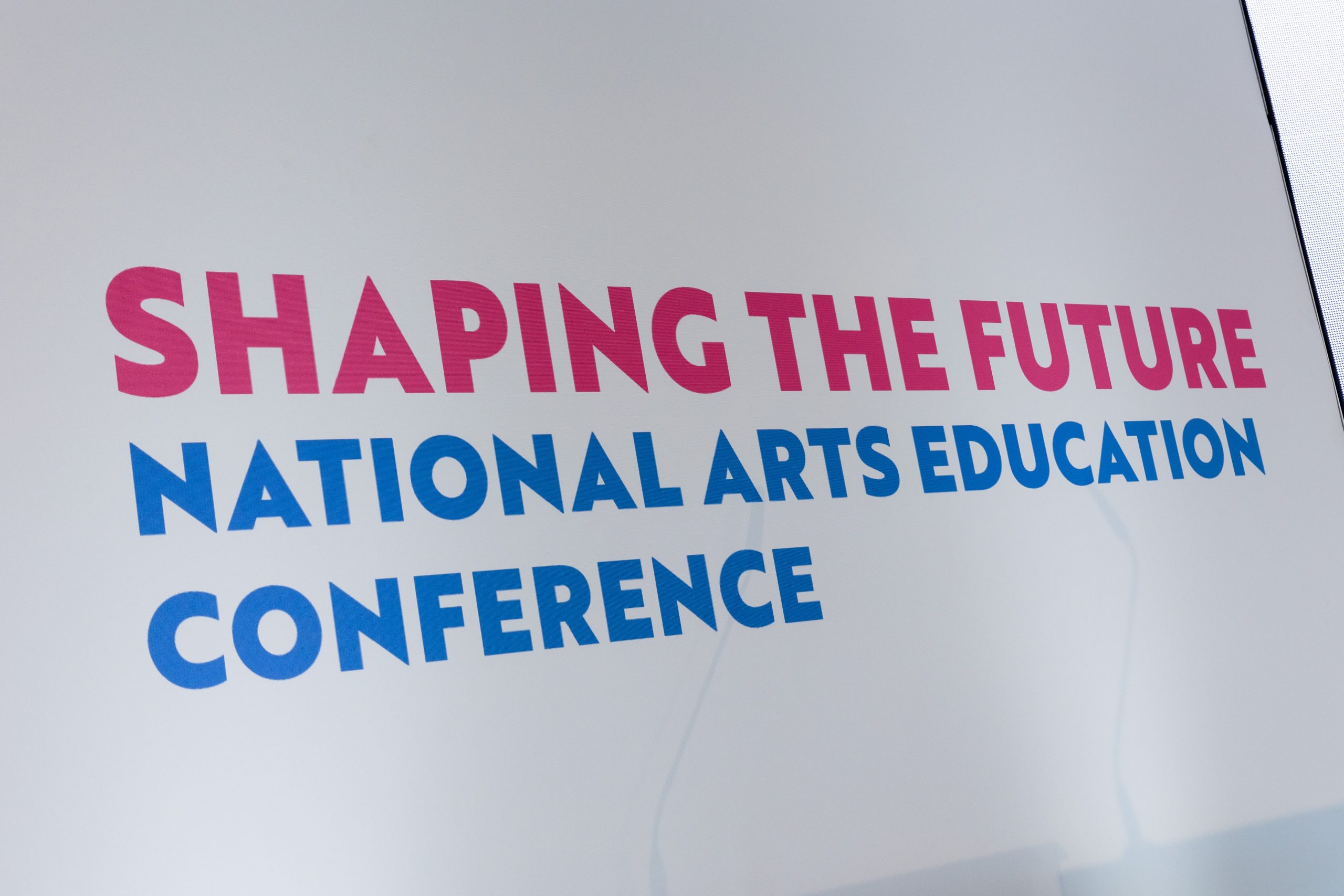This much has hardly changed post-COVID-19. Many writers will likely tell you as much: hur hur hur, I’ve been on lockdown since my career began. But just like writing is never quite about the act of hammering away at a laptop, so the pandemic can’t help but go by unnoticed as we continue to try and get some work done as the barrage of fresh fears and gingerly optimistic counterpoints assault our news feeds.
There’s a lot to be said about the creative arts during pandemic time, of course, and doing it all justice without resorting to cliche is a real risk. Just like zombies or vampires can become hackneyed symbols for either brainless consumerist society or repressed sexuality, so the pandemic becomes an all-too-easy stand-in for some of our deep-seated fears and inherent foolishness: our economic fallbacks going bust, being physically separated from our loved ones, rendered unable to travel beyond our (already constricted) shores and being reminded yet again that meddling too invasively and persistently with the natural world often leads to a steady torrent of tears. (That the UK’s National Theatre made its Benedict Cumberbatch/Johnny Lee Miller blockbuster stage adaptation of Mary Shelley’s Frankenstein available on YouTube as part of its coronavirus fundraising drive feels pertinent, here).
That’s of course, the subtextual cliches in action. The situation is even more dire on the surface. The idea that we’re all ‘in this together’ is what made that risible celebrity singalong of ‘Imagine’ possible – I doubt Gal Gadot will have managed to wipe all the egg off her face once the cinemas reopen and ‘Wonder Woman 1984’ is finally allowed to run amok – and by now the injunctions to #stayhome and #staysafe have all but lost their immediacy.
So yes, our struggle as writers remains very much the same. Reclaim your words and make them mean something again. Pandemic or not, the combined forces of the churning neoliberal machine and the gamified morass of the social media landscape make our job all the more urgent, all the time.
While the second coffee of the morning is not a magical elixir by any stretch, on good days it does give me the pin-sharp focus necessary to look at the work at hand with a true sense of the present. Not with a view to past regrets or future anxieties, but truly the present. When I manage to convince my addled freelancing brain to stop worrying about where the next pay cheque is coming from and instead on making sure that the dialogue in the scene that I’m writing is true to the characters, and that their words are mostly subtext and not bland, dead-on-arrival text. On making sure that the narrative beats of that other screenplay I’ve just started working on are in the right place, and that everything is beautifully set up so the pay off can be an enjoyable whoop or a beautifully heartbreaking moment for both the audience and myself. On making sure that the argument of an article is crisp and sound. On making sure that a piece of content writing is both informative and slick (that’s where the pay cheque is coming from!).
Cutting through the clutter is a luxury most of us don’t have, but that degree of compromise-free focus is a bare-minimum requirement for any and all creatives who wish to produce something that will truly stand out.
Words by Teodor Reljić.

